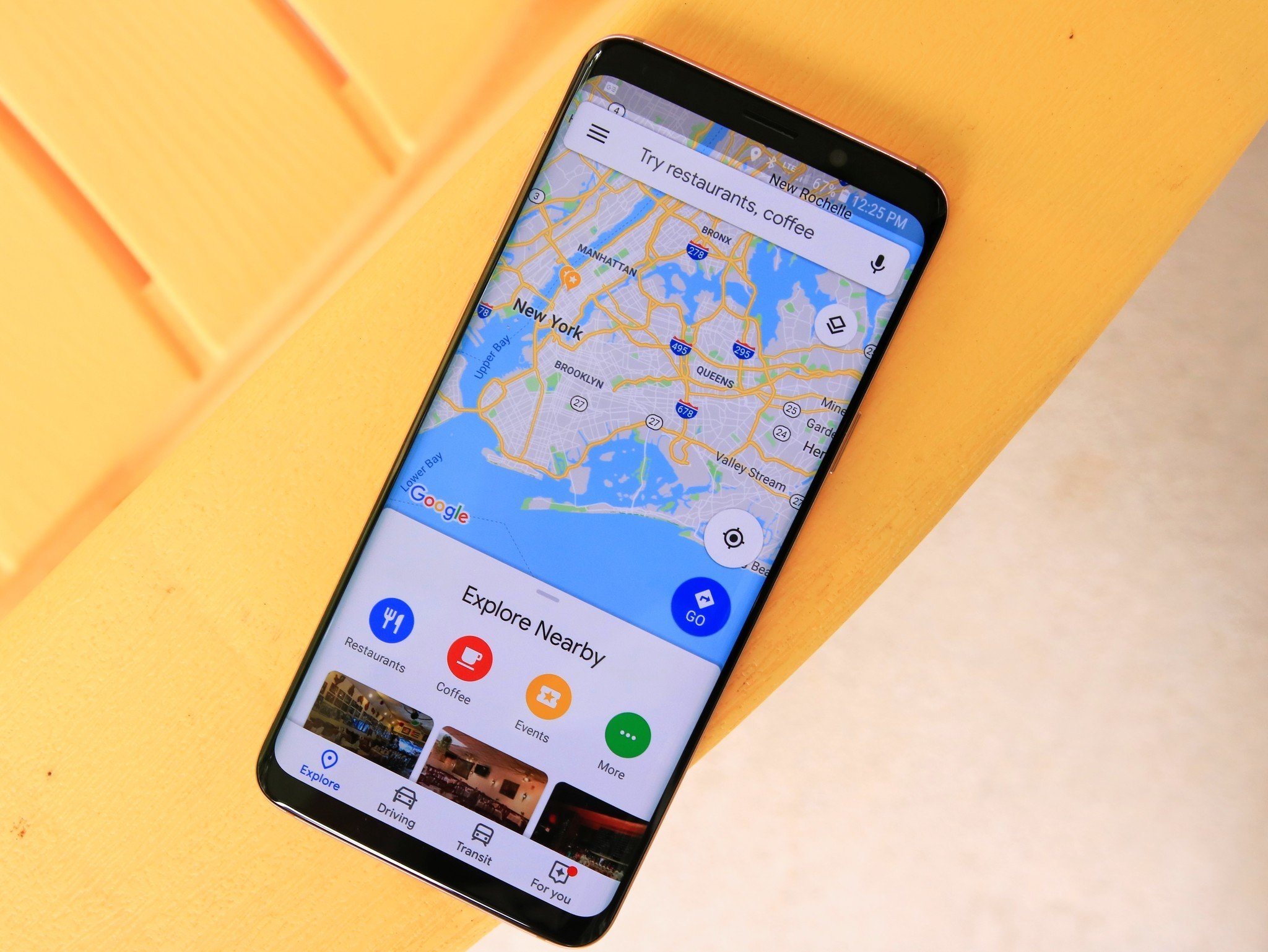Mother Google is always watching.
Updated August 17, 2018: Following the below report, Google's now updated its support page for its Location History feature from "With Location History off, the places you go are no longer stored", to, "This setting does not affect other location services on your device." You'll still need to disable Location History and Web and Activity Data in order to more thoroughly block your location from being tracked/stored, but at the very least, Google's being a bit more clear about this practice.
Google Maps is filled with all sorts of tools/features to help you navigate the world around you, one of which is something called "Your Timeline." Your Timeline uses Location History to create a private view of your exact whereabouts on any given day, and while it's a pretty neat feature, can be a bit much for privacy-conscious users.
You can disable this by turning off Location History for your Google account, but even after doing this, new evidence from Associated Press reveals that Google still has a few tricks up its sleeves to continue tracking your location.
As per its research, AP notes that the following tracking tools still work even when Location History is disabled.
Google stores a snapshot of where you are when you merely open its Maps app. Automatic daily weather updates on Android phones pinpoint roughly where you are. And some searches that have nothing to do with location, like "chocolate chip cookies," or "kids science kits," pinpoint your precise latitude and longitude — accurate to the square foot — and save it to your Google account.
The argument is that turning off a feature called "Location History" should eliminate Google from following your location no matter what, but according to a representative from the company, that's not necessarily the case.
There are a number of different ways that Google may use location to improve people's experience, including: Location History, Web and App Activity, and through device-level Location Services. We provide clear descriptions of these tools, and robust controls so people can turn them on or off, and delete their histories at any time.
In addition to turning off Location History, users must also disable Web and App Activity to prevent Google from tracking your location through these other means. Additionally, while you can delete the data on your Maps timeline, each day needs to be deleted one by one.
Google does give you controls for stopping all location data from being stored, but as AP points out, these controls aren't properly labeled for consumers. Turning off Location History should stop all location data from being tracked, but as we now know, that simply isn't the case.
What do you think about this discovery? Is Google being clear enough about how it tracks users' location or is there still work to be done here? Let us know in the comments below!

0 Response to "You Can See More: Google's updated its support page following the Location History debacle"
Post a Comment